Bevan Baker speaks out after resignation: 'Deeply concerned about the health and safety of children'

Bevan Baker
MILWAUKEE -- Former Milwaukee Health Commissioner Bevan Baker on Tuesday, Feb. 20 issued a statement on the Milwaukee Health Department's Childhood Lead Poisoning Prevention Program, marking the first time we've heard from him since his resignation in January. That came after a bombshell revelation that thousands of Milwaukee families may not have been notified that their child tested positive for high levels of lead.
Below is Baker's complete statement:
"Over the last several weeks, there have been numerous media reports regarding concerns within the City of Milwaukee Health Department’s (MHD) Childhood Lead Poisoning Program (CLPP). First and foremost, I am deeply concerned about the health and safety of all children within the City of Milwaukee.
It is important to note that there is an ongoing investigation to ask the tough questions, follow the facts wherever they lead, and get children the care they need. This is exactly what I want to see happen.
Unfortunately, several media reports and allegations levied by others have not told the complete story. This investigation, which is deep and far-reaching, will ultimately yield answers as to when, how, and why programmatic concerns developed within the CLPP and who was involved. Given the scope and complexity of the ongoing work, I cannot predict when the investigation will be finished. However, it is my sincere belief that the results of the investigation, when it is completed, will confirm that upon my direction, necessary action was taken to identify mismanagement and hold individuals accountable. In addition, the investigation will find that I followed City of Milwaukee protocol by initiating disciplinary action and informing executive leadership about this issue.
What’s more, the removal of lead hazards from all sources requires that every crucial resource in Milwaukee, the State of Wisconsin and the federal government be dedicated to protecting residents. Childhood lead poisoning remains a critical public health concern.
Further, leaders at all levels of government have an obligation and responsibility to prioritize the removal of lead services lines in Wisconsin. This is a statewide problem.
When I arrived at MHD almost 17 years ago, the agency needed executive leadership.
During my tenure, we worked hard to become one of the premier academic health departments in the nation. As Health Commissioner, I honored MHD’s mission to safeguard the public’s health. To this end, I am certain that the investigation will establish that I acted in the best interests of the residents of the City of Milwaukee at all times and did not engage in any wrongdoing.
Finally, reports indicating there was a ‘communications gag order’ in place within MHD are emphatically false. The Communications Policy instituted within MHD – similar to policies at other organizations – was designed to ensure that a chain of command and protocols were followed when communicating with elected officials. The protocol detailed within the policy was in place during my entire tenure; it was not implemented in response to the CLPP concerns. The policy was chronicled in October 2017 to comply with national public health accreditation board requirements. It was imperative that staff convey MHD policy when speaking as part of their job duties, rather than stating individual views and/or opinions. The policy did not prohibit individuals from expressing their viewpoints or personal concerns on their own time.
I intend for this to be my sole statement on this matter given the ongoing investigation. As a result, and in keeping with the motto of this great state, I am moving forward."

Alderman Bob Donovan
In response to Baker's statement, Alderman Bob Donovan said Tuesday the Milwaukee Common Council is only in the early stages of investigating what was really going on behind-the-scenes at the Milwaukee Health Department. He also questioned Baker's denial that there was a "communications gag order" in place.
"I read it. It was in writing. Certainly, under his tenure. It's difficult for him to back away from that. The more we peel back this onion, the more challenges and more problems we seem to uncover. We intend to get to the truth in this whole thing," Donovan said.
Mayor Tom Barrett's office had no comment on Baker's statement.
Background on Milwaukee Health Department/lead testing issues
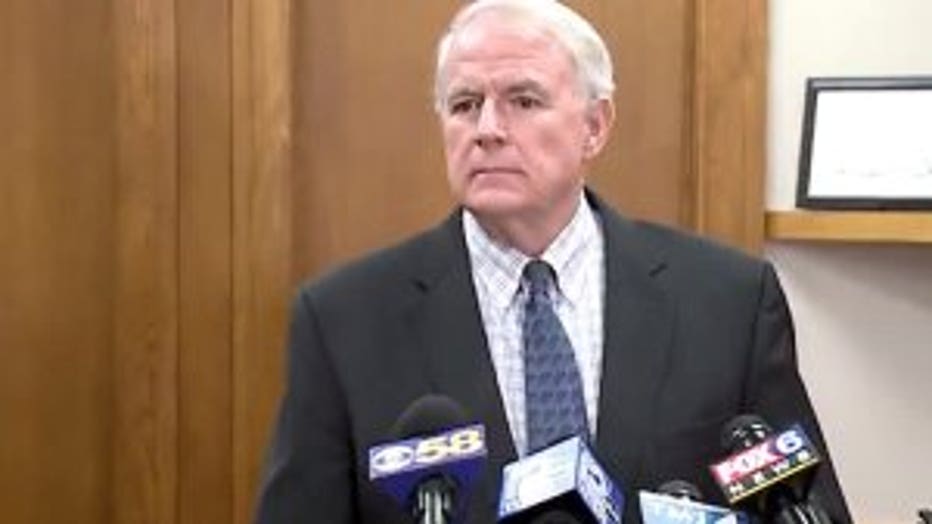
Milwaukee Mayor Tom Barrett
On Jan. 12, Mayor Barrett first announced he became aware that the health department hadn't properly kept track of whether children exposed to lead ever received outreach services. He said follow-up letters from the health department to families of children with high levels of lead in their blood may not have been sent by the health department in 2015, 2016 and 2017. Health Commissioner Bevan Baker resigned under pressure.
Later in Jan., came a 51-page bombshell report which revealed the Milwaukee Health Department failed on several fronts as it relates to the city's Lead Poisoning Prevention Program.
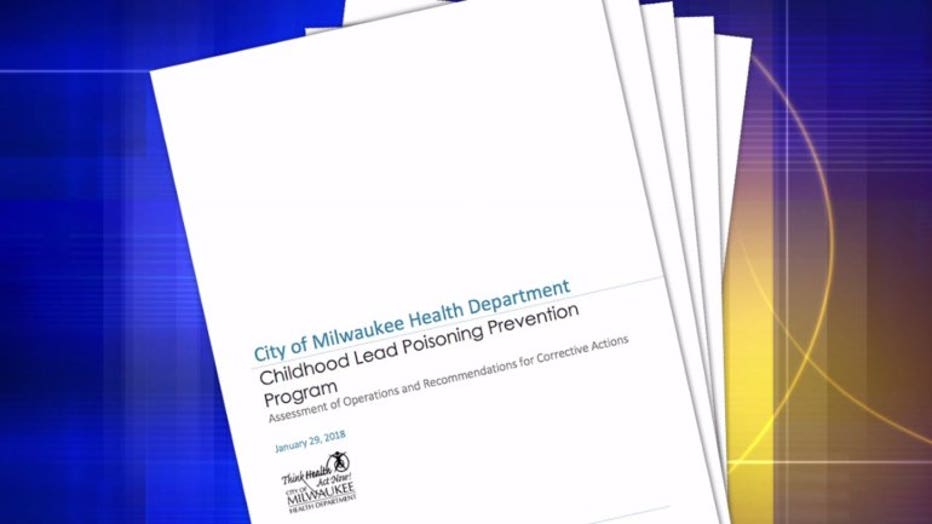
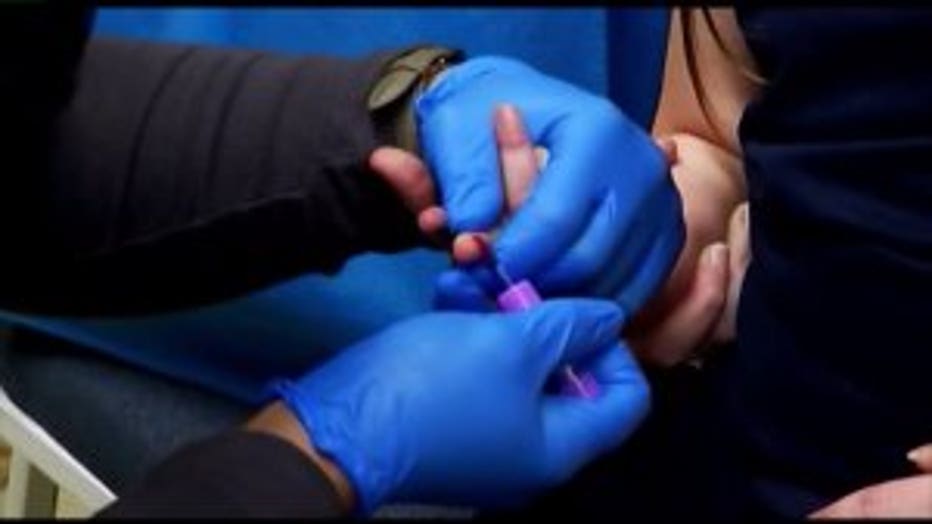
Of the 75,000 Milwaukee children who were tested for lead exposure between 2015 and 2017, an audit of the health department's Lead Poisoning Prevention Program shows hundreds of children tested positive for moderate, high or severely elevated blood lead levels. In those cases, the health department is required to contact the parents, and perform a home visit to remove lead sources, often found in old paint.
The audit reveals there is no paperwork indicating a home visit was ever attempted for nearly 120 of the 320 affected families.

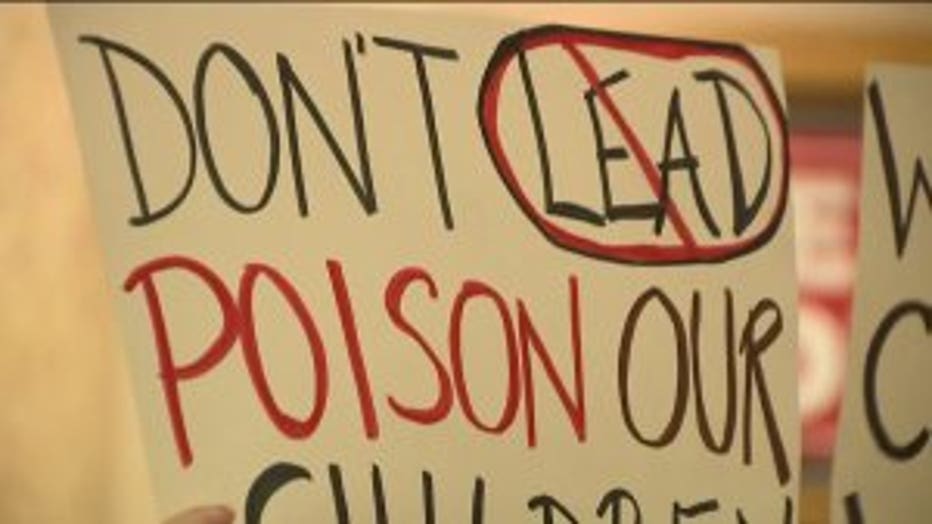
Most alarming, at least two children whose blood lead levels were so extreme, they qualified for a medical lead removal procedure. Those children were returned to homes where there's no documentation of environmental intervention efforts.
During the same time period, between 2015 and 2017, approximately 6,000 children had elevated blood lead levels in the low category, which should still prompt a letter to be sent to families about what next steps to take. There are records of 1,500 letters being sent out.
The report also notes that funding for the Lead Poisoning Prevention Program has fallen from a peak of $6 million in 2009 to just over $3 million in 2018 -- something the mayor pointed out during a news conference.
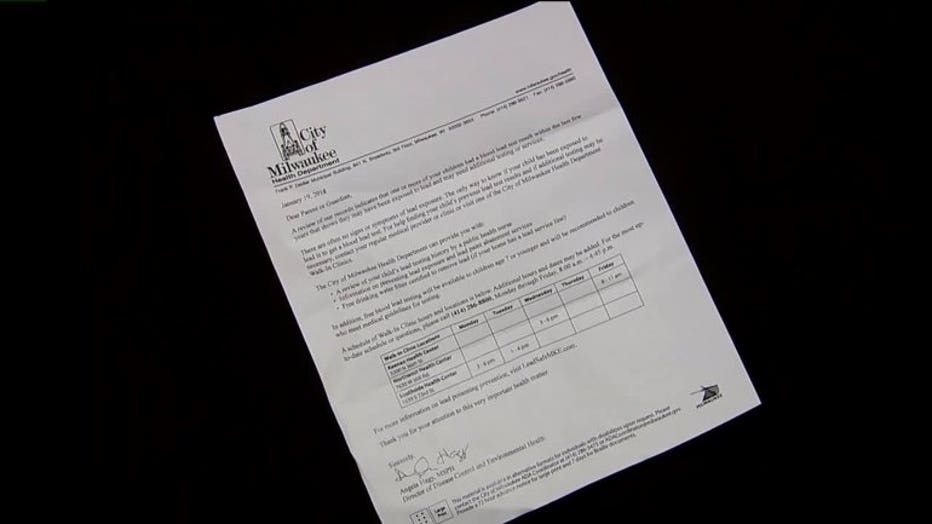
Letter sent to parents on lead concerns
After the announcement was made on Jan. 12, Mayor Barrett announced the health department was correcting the discrepancy by sending out 6,000 letters to families with children with elevated blood lead levels, and opening three walk-in clinics for lead testing, along with the launch of a hotline for parents with questions.
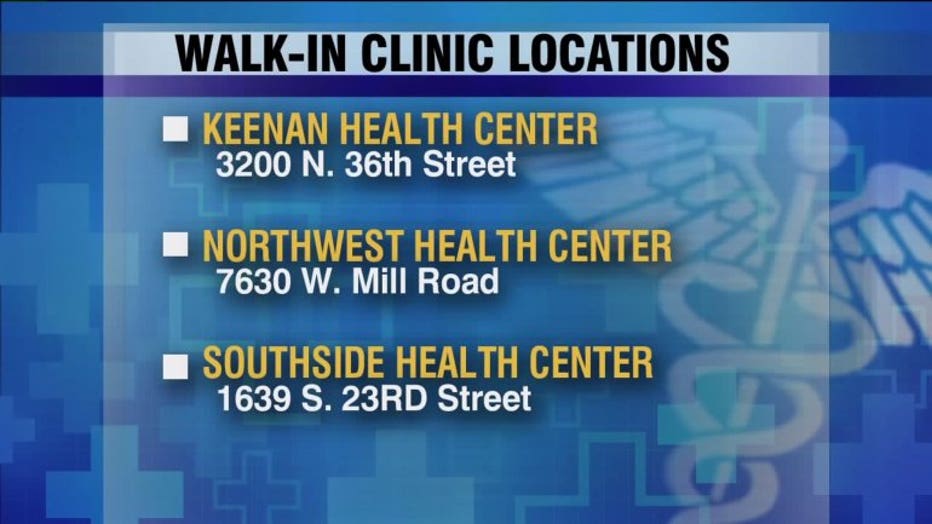
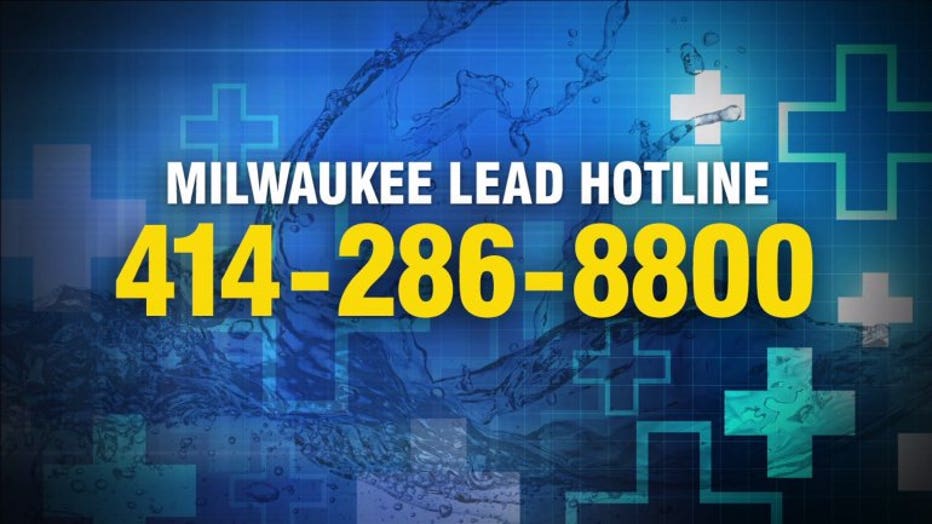
Part of the report detailed a plan of action moving forward, including recommendations for a better record-keeping system, re-training staff and increasing community awareness efforts.
Then on Feb. 1, Mayor Barrett rescinded a policy at the Milwaukee Health Department that prohibited employees from communicating with elected officials -- a day after Common Council members learned such policy existed.
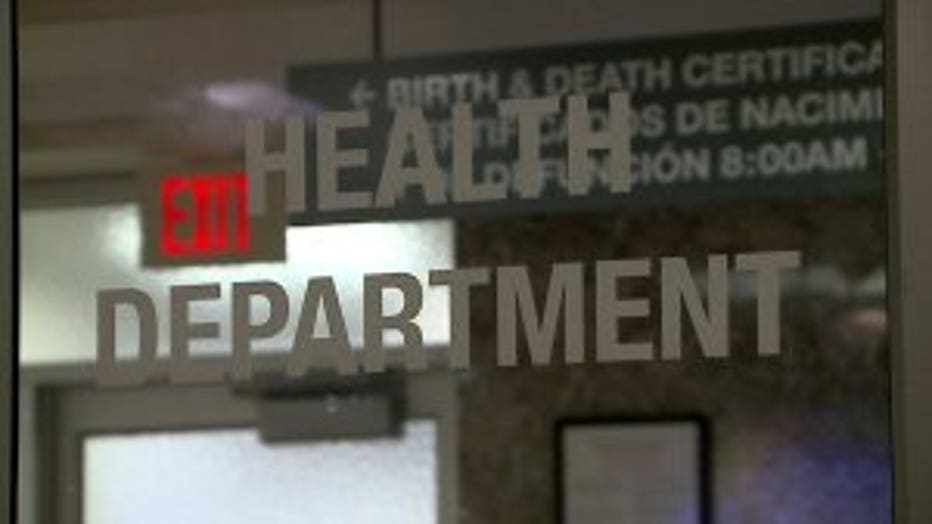
City of Milwaukee Health Department
During a special meeting of the Milwaukee Common Council's Steering and Rules Committee, employees from the Milwaukee Health Department briefed Common Council members on lead laterals and risks to city drinking water, as well as other sources of lead contaminants that are impacting vulnerable populations such as women in reproductive years and children.
The MHD representatives were grilled by alderman about why they didn't come forward about serious mismanagement in the city's Lead Poisoning Prevention Program. They admitted they weren't allowed to come forward because of the internal policy requiring that they only share policy or program concerns with their direct supervisor.

On Feb. 12, the U.S. Department of Housing and Urban Development (HUD) issued a stop work order on the city's lead removal efforts due to concerns about how the city is removing lead paint from at-risk homes and buildings.
On Feb. 15, Mayor Barrett announced he did not sign paperwork confirming Patricia McManus as the interim health commissioner due to the "rushed and unprecedented" process by which she was appointed to the position by the Milwaukee Common Council -- sending the appointment back to the council in a symbolic move.
He said McManus will be able to serve as interim commissioner as he continues to search for a permanent commissioner of the Milwaukee Health Department.

